FAQs
The most common questions
UNDERSTANDING CHILD LABOUR
Child labor refers to the employment of children in any work that deprives them of their childhood, interferes with their ability to attend regular school, and is mentally, physically, socially, or morally harmful.
Child labor is significantly prevalent in third world countries due to economic instability, lack of education, and poverty. Millions of children are involved in labor that is inappropriate for their age.
The main causes include poverty, lack of quality education, social norms, and economic exploitation
Children may be involved in various sectors including agriculture, manufacturing, mining, and domestic service. Often, the work is hazardous and physically demanding.
Child labor can lead to severe physical and mental health issues, including stunted growth, malnutrition, exhaustion, and long-term developmental impairments.
Various international organisations and treaties aim to eradicate child labor, including the International Labour Organisation (ILO) conventions and UNICEF initiatives.
Education is crucial as it equips children with the knowledge and skills needed for better-paying jobs, helps break the cycle of poverty, and raises awareness about the rights and laws protecting children
Individuals can help by donating to charities that focus on child labor, spreading awareness, advocating for policy changes, and supporting fair trade products.
SPONSORSHIP DETAILS
Sponsoring a child typically involves providing financial support to cover educational fees, school supplies, and sometimes healthcare and nutritional needs, to enhance the child’s chance of a successful future.
The cost can vary depending on the location and specific needs of the child but generally ranges from $30 to $50 per month.
Sponsorship funds are used to directly support the child’s education, health, and overall well-being. The allocation usually includes school fees, uniforms, books, and medical care if necessary.
Yes, many programs encourage sponsors to communicate through letters, emails, or occasional visits, fostering a personal connection.
Sponsorship can last until the child finishes their education, which could be through primary, secondary, or even higher education, depending on the commitment of the sponsor and the program's structure.
If circumstances change and you need to stop sponsoring, the organisation typically has measures in place to continue supporting the child through other means.
Most organisations will provide profiles of children in need of sponsors, detailing their age, educational status, and background, allowing you to choose.
In most cases, yes, donations through recognised charities are tax-deductible, but it’s important to verify with the charity and consult a tax advisor.
GETTING INVOLVED
We welcome volunteers in various capacities, both locally and internationally. You can start by applying through our website, where you can specify your skills and areas of interest.
You can still support us through online volunteering, advocacy, and fundraising in your local area. We also occasionally have remote projects and tasks available, which are great ways to contribute from anywhere in the world.
Support can also come through raising awareness, initiating fundraising events, or leveraging professional skills in support of our operations.
We collaborate with various local and international organisations to maximise our outreach and impact.
Corporate sponsorships are vital to our mission. Interested businesses can partner with us in various ways, such as financial donations, in-kind contributions, or by engaging employees in volunteering opportunities. Please contact us at
Absolutely! We appreciate grassroots efforts to raise funds and awareness. We can provide you with resources and guidelines to help you organise a successful event. Please visit our website to register your event and get started.
We strive to maintain transparency and regularly update our sponsors and volunteers on the progress and impact of our projects. We also share stories and updates through our newsletters, website, and annual reports.
Students can engage through internships, volunteer programs, or by starting a campus club to support our cause. These opportunities allow students to gain valuable experience while making a tangible difference.
ADDITIONAL FAQs
As per our policy and in compliance with UK law, we do not offer refunds for donations. Once a donation is made, it is considered final and will be used to support our charitable activities.
Yes, donations to our charity are tax-deductible. As a registered charity in the UK, we can provide you with a receipt for your donation, which you can use for tax purposes. Please consult with your tax advisor for specific advice on how to claim your donation on your tax return.
